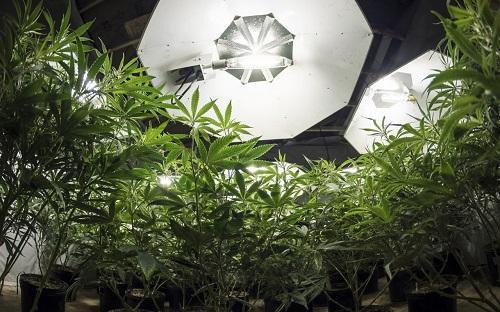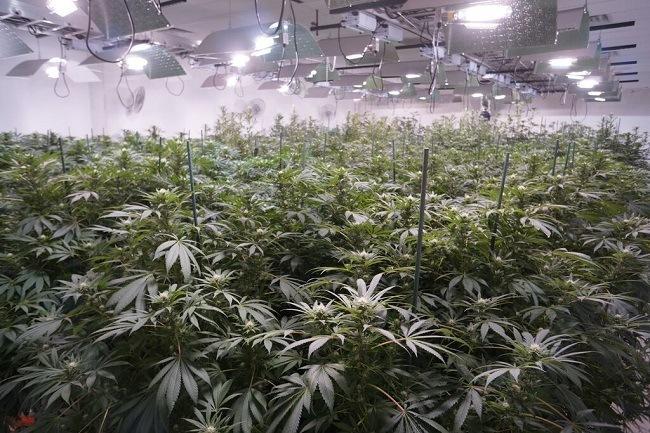WeedLife News Network
Hot off the press cannabis, marijuana, cbd and hemp news from around the world on the WeedLife Social Network.
As cannabis has increasingly gone legitimate, electric utilities have struggled to cope with the intensive energy demands of the proliferating industry.
A greenhouse industry expert looks at whether it is better to retrofit existing greenhouses, or to purpose-build greenhouses for marijuana growing.
Technology closes in on a roadside device to check pot levels — but the definition of stoned driving remains elusive.
As marijuana laws continue to loosen across the country -- and the world -- it looks like hemp could be brought back in a big way.
The future is now! Virtual reality technology is here and quickly improving.
For the third time in three years, Fluence Bioengineering, an Austin company that makes lights for indoor plant growing, has moved into a yet-bigger manufacturing facility.
Everything from high-tech advancements in edible weed to big-data analysis can be seen at this year's New West Summit in San Francisco.
We speak with Randy Mortensen, who heads up a division of Lighting Science focused on cannabis and indoor agriculture.
29-year-old is the lead agronomist for a British Columbia marijuana company.
A former NASA researcher who spent his time looking into plant-based life-support systems for long-duration space missions has a new focus: indoor cannabis cultivation.
Hempcrete — a mixture of hemp stalk, water and lime — could pave the way toward a sustainable future.
"User-friendly" is not a word we hear often when describing marijuana edibles.
In case you think marijuana hasn’t gone mainstream: Microsoft is now weed-compliant.
Tech businesses of all sizes are trying to get in on the ground floor of the newest gold rush.
DeepCell Industries, a Seattle startup that helps develop technology for cannabis-infused products and brands, has raised $410,000 to fuel growth.
As with any new consumer industry, now that more people have access to marijuana, there are businesses who want to offer them tools and gadgets to go along with their legal medical or recreational pot.




